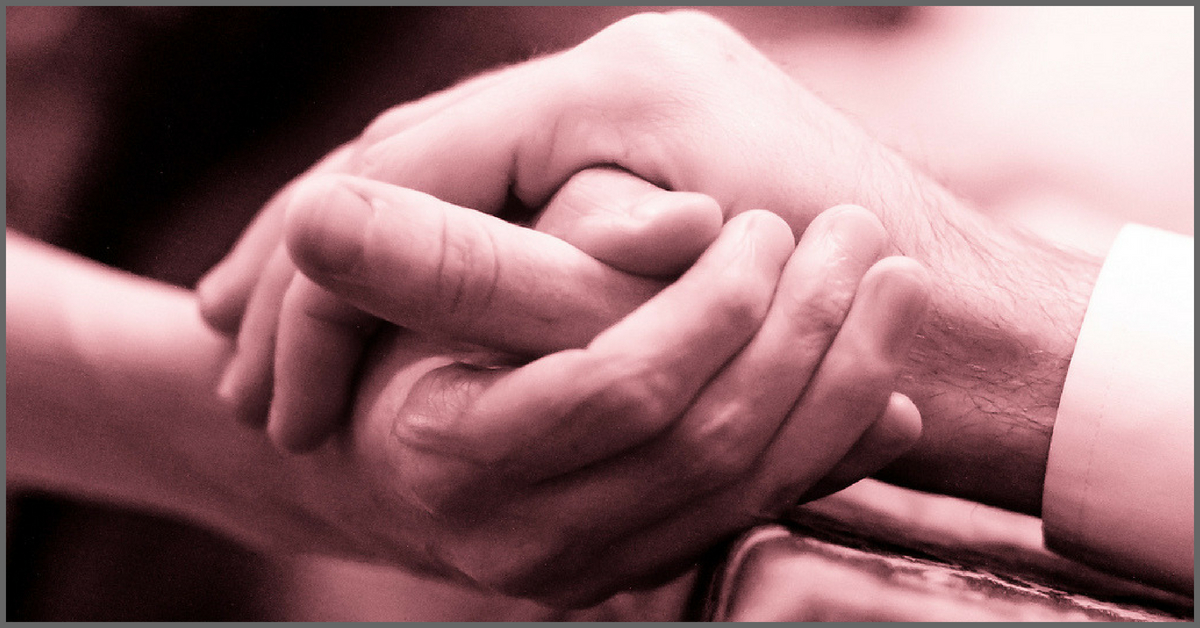Losing a Parent Can Be Unbearably Painful: Here’s What May Help You Cope
It is a loss that can have significant mental, emotional and physical effects. Help from family members and professionals may help in healing.

In the unpredictable world we live in, parental loss is one constant that almost every individual has to undergo. Early or later, sudden or known, the death of a parent ends a chapter of our lives forever.
A parent’s death can also occur when the offsprings are still in their childhood; experiencing bereavement, the change in the family structure and the loss of emotional comfort at a young age can have a negative impact on a child’s development into an adult.
Impact on Relationships

It could impact the individual’s ability to form and maintain healthy relationships, or their relationships may falter due to damaged attachment.
Research indicates that people who lost their parents in childhood were more likely to have shorter relationships than individuals whose parents were alive throughout their youth. Adults whose parents died during their childhood are also more likely to suffer from common mental health disorders, such as depression and anxiety.
To cope up with distress, they are likely to adopt maladaptive coping strategies such as self-blame and self-medication. If left unchecked, these can further lead to substance use disorder which is, ‘the problematic pattern of using alcohol or another substance that results in impairment in daily life or noticeable distress’.
Individuals who have lost a parent early in their lives, tend to exhibit one of the following three attachment types as children:
- the anxious-ambivalent attachment, which sees a mixture of seeking yet resisting contact with the caregiver;
- anxious-avoidant attachment, where children repeatedly avoid the caregiver in a strange, stressful situation;
- or disorganised attachment, where the child seems confused and hesitant to seek protection and comfort from the caregiver.
Such individuals could further develop either anxious-preoccupied, dismissive-avoidant, or fearful-avoidant attachment styles as adults.
Also Read: Think Children Cannot Suffer From Mental Illnesses? Here Are 10 Mental Health Myths Busted!
Developing Risky Behaviour

Picture for representation only. Source: UnSplash
I have a client, who lost his mother when he was two years old. At that tender age, he was left in the care of his paternal grandmother and sister, and for most of his childhood, his father was least involved in his upbringing. His father remarried.
As he grew up, he was unable to form an attachment with his father and avoided meeting him. He exhibited behaviour related to the anxious-avoidant attachment style.
At the age of twelve, he lost his grandmother, who had been his primary caregiver until then. Struggling with the grief, he completely shut himself off from the world. Entering into teenage, he became very rebellious and started engaging in risky behaviour.
He was caught by the school authorities and reprimanded for actions of petty teasing and marijuana usage. Much of his maladaptive behaviour and coping strategies could be linked to the effect of losing his mother at a young age, and then a primary caregiver soon after. During our sessions, he would share that he had decided never to let anyone get close to him as he was afraid he would lose them too.
He was angry with his father for “abandoning him”. This anger he said, made him engage in risky behaviour as he felt alone and that no one cared or loved him.
In later years, he would invite his parents to stay with him. Whenever they did, he would schedule appointments and work late hours to avoid spending time with them. This led to a conflict with his father who felt neglected.
People often assume that the loss of a parent is more traumatic for young children; however, we need to recognise that parental death can have a significant impact on anyone, a child or an adult. As a result, the individual might feel detached and lonely in their mourning.
The loss of a parent is one that can have significant mental, emotional and physical effects. These effects vary, depending on the individual’s life experiences, relationship with the parent, their environment, and the circumstances of death.
Strong Support System

It is crucial for individuals who are mourning their parents to have a strong support system which values communication and provides stability. These factors can help minimise the person’s suffering, and allow them to better move through the five stages of grief, finally accepting their parent’s death, and moving on with their lives. In the absence of such support systems, however, the individual in question can end up taking part in maladaptive coping methods, such as emotional eating and substance abuse.
You May Also Like: Mental Health 101: India’s First Science-Backed Therapy Course is Now Online!
The feeling of grief will run its course, and it is important to allow anyone who is suffering, adequate time to come to terms with their loss. If you or anybody you know has experienced loss of their parent or loved one and might need professional mental health support, please click here to find a therapist in your area, to help you help them through this.
(Edited by Shruti Singhal)
Like this story? Or have something to share?
Write to us: [email protected]
Connect with us on Facebook and Twitter.
NEW: Click here to get positive news on WhatsApp!
If you found our stories insightful, informative, or even just enjoyable, we invite you to consider making a voluntary payment to support the work we do at The Better India. Your contribution helps us continue producing quality content that educates, inspires, and drives positive change.
Choose one of the payment options below for your contribution-
By paying for the stories you value, you directly contribute to sustaining our efforts focused on making a difference in the world. Together, let’s ensure that impactful stories continue to be told and shared, enriching lives and communities alike.
Thank you for your support. Here are some frequently asked questions you might find helpful to know why you are contributing?


This story made me
-
97
-
121
-
89
-
167











